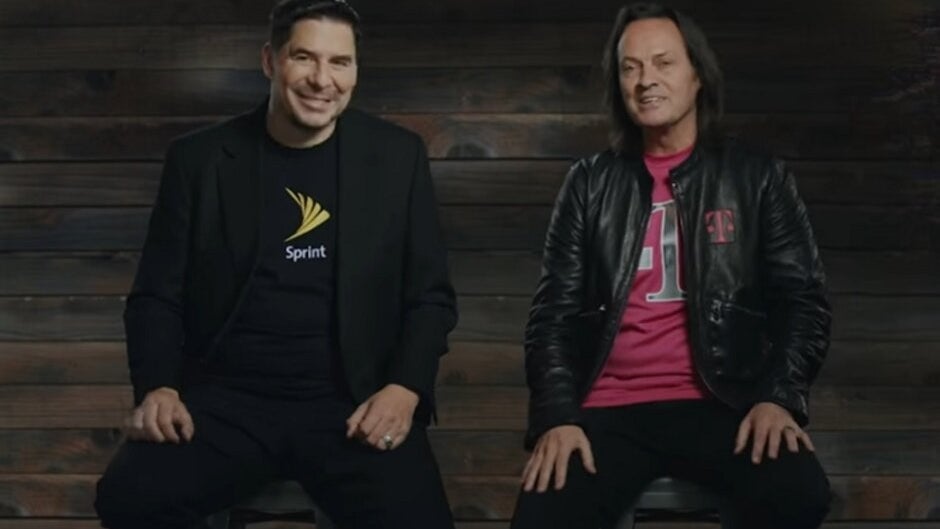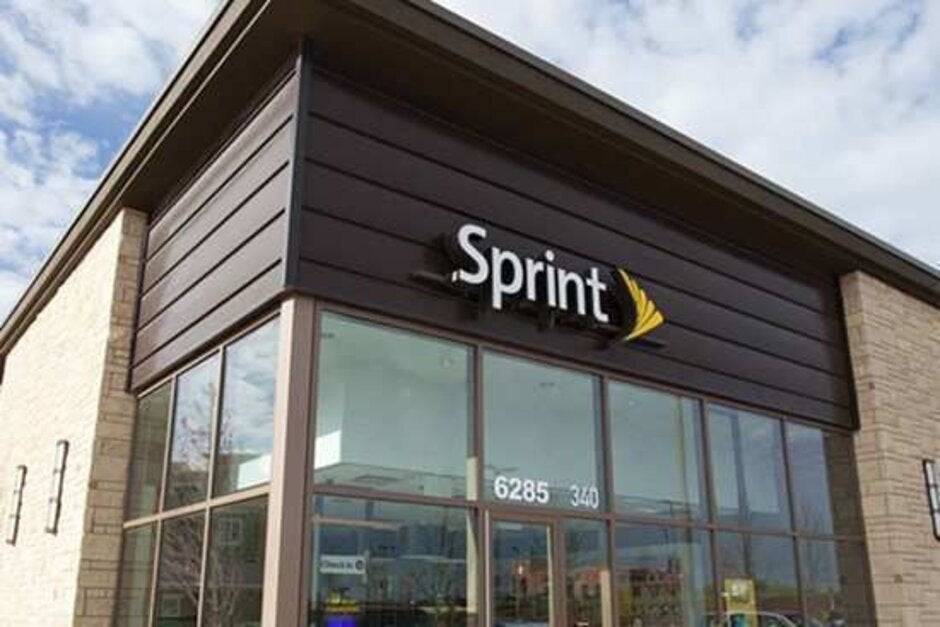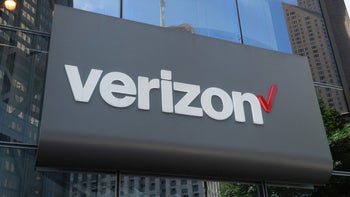Under oath, economics professor says that Sprint's future is not so bleak

Yesterday, the trial that might determine whether T-Mobile completes its merger with Sprint reached day three. For those who need a quick recap, the plaintiffs, in this case, are 13 state attorneys general and the AG of Washington D.C. who want to block the $26.5 billion transaction because they view it as being anti-competitive. They worry that the loss of Sprint will reduce the number of major wireless operators to three from four. That's despite the deal between Sprint and Dish Network that would help turn Dish into a fourth major carrier once T-Mobile absorbs Sprint.
The Seattle Times reported today that on Wednesday, a University of California, Berkeley economics professor named Carl Shapiro testified in the Manhattan courtroom. Shapiro told the judge that if the merger is completed, the three remaining major wireless providers (Verizon, AT&T, and T-Mobile) could coordinate a price increase valued at $8.7 billion. He also added that T-Mobile alone could hike prices by $4.6 billion. However, the professor failed to mention that in order to get approval for the transaction from the FCC, T-Mobile promised not to raise prices for three years after the merger closes. But evidence produced on Monday by the states included a text from Sprint marketing chief Roger Solé to Marcelo Claure, who was then CEO of the company. The message said that if the deal closes, the average revenue per subscriber could rise $5 a month. Tim Höettges, the chairman of T-Mobile parent Deutsche Telekom testified that the merger will lead to lower prices for wireless customers.
This merger has always been about 5G and Sprint's 2.5GHz mid-band spectrum
The plaintiffs say that if the deal closes, the nation's top two wireless carriers, Verizon and AT&T, will face less competition from a combined T-Mobile-Sprint. With all due respect to the professor and other witnesses called by the plaintiffs, we think that T-Mobile, the most innovative and fastest-growing of the majors, would be more of a threat to its rivals if the merger is allowed to happen. And if the deal is not made, Sprint will probably fail anyway, also reducing competition in the industry. In response to a question from the judge about the future Sprint might have as a standalone company, Jay Bluhm, the vice president of network development and engineering, said, "Sprint would not be viable within the next two years." Shapiro, the economist, says that the future for Sprint is not as bleak as the defendants portray. He testified that projections don't show Sprint losing significant market share if the deal is blocked.

An economics professor testified on Wednesday that Sprint's future is not as bleak as the defendants have portrayed
The merger has never been about Sprint's operations and has always been about Sprint's hoard of 2.5GHz mid-band spectrum. T-Mobile covets these airwaves because mid-band spectrum in the U.S. is hard to come by and the carrier wants it to help improve the first nationwide 5G network that it launched last week using its 600MHz spectrum. Sprint's mid-band spectrum, in T-Mobile's hands, will allow it to cover more rural and low-income areas with 5G signals. Harnessing the faster data speeds of 5G is important to the U.S. since the next generation of wireless connectivity is sure to lead to new technologies, new industries, and new companies that might lead to an economic boom in the country.
The trial is expected to run past Christmas and is the only thing that stands in the way of the merger's completion. The deal was originally announced on April 29th, 2018. With the merger agreement between both companies no longer active, there has been some speculation that T-Mobile will seek to lower the price it pays for Sprint. While the former has been adding new postpaid phone subscribers, Sprint's last quarter showed a decline in that category.
Follow us on Google News












Things that are NOT allowed:
To help keep our community safe and free from spam, we apply temporary limits to newly created accounts: